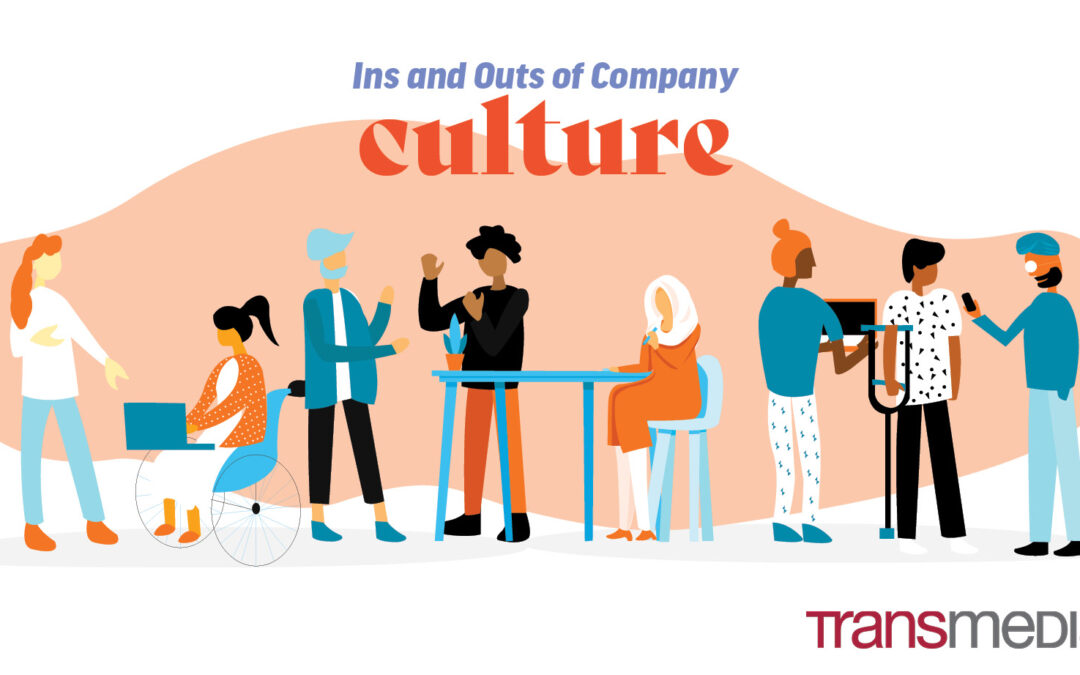Healthy Culture
Company culture is the shared values, beliefs, and attitudes that shape the way a company operates. It is often described as the personality of an organization. Company culture can be influenced by a variety of factors, including the company’s history, its leadership, its employees, and its industry.
A strong company culture can have a number of benefits, including:
- Increased employee satisfaction and engagement
- Improved productivity and innovation
- Reduced turnover
- Increased customer satisfaction
- Increased brand reputation
There are a number of things that companies can do to build a strong company culture, including:
- Define your values. What are the most important things to your company? What do you stand for? Once you know your values, you can use them to guide your decision-making and create a culture that reflects them.
- Hire for fit. When you’re hiring new employees, make sure they share your company’s values. Look for people who are passionate about your company’s mission and who are a good fit for your culture.
- Empower your employees. Give your employees the freedom to make decisions and take risks. This will help them feel more engaged and invested in their work.
- Celebrate successes. When your employees do great work, make sure to celebrate their accomplishments. This will help them feel valued and appreciated.
- Provide opportunities for growth. Help your employees develop their skills and grow in their careers. This will help them feel motivated and fulfilled.
Company culture is an important part of any organization. By taking the time to build a strong culture, you can create a workplace that is productive, innovative, and enjoyable for everyone.
Here are some examples of company cultures:
- Google: Google is known for its casual and collaborative culture. Employees are encouraged to be creative and innovative, and there is a strong emphasis on work-life balance.
- Zappos: Zappos is known for its customer-centric culture. Employees are encouraged to go above and beyond to provide excellent customer service, and there is a strong focus on creating a fun and engaging work environment.
- Netflix: Netflix is known for its performance-based culture. Employees are evaluated based on their results, and there is a strong focus on continuous improvement.
These are just a few examples of the many different types of company cultures that exist. The best company culture for you will depend on your individual preferences and values.
Toxic Culture
A toxic work culture is a negative and unhealthy environment that can have a detrimental impact on employees’ physical and mental health.
A toxic work culture can be characterized by:
- Bullying and harassment: This includes verbal, physical, or emotional abuse.
- Micromanagement: This is when managers closely supervise and control employees’ work, often to the point of micromanaging their every move.
- Lack of trust and respect: This is when employees feel like they cannot trust their managers or colleagues, and that they are not respected.
- Unfairness: This is when employees feel like they are not treated fairly, and that their contributions are not valued.
- High stress levels: This is when employees feel overwhelmed and stressed, and that they cannot cope with the demands of their work.
- Low morale: This is when employees are unhappy and disengaged, and that they do not feel like they are part of a team.
A toxic work culture can have a number of negative consequences for employees, including:
- Increased stress and anxiety: This can lead to physical health problems, such as high blood pressure, heart disease, and obesity.
- Depression: This can lead to a loss of motivation, energy, and interest in life.
- Reduced productivity: This can lead to missed deadlines, errors, and accidents.
- Increased turnover: This can cost companies money in terms of hiring and training new employees.
- Damage to the company’s reputation: This can make it difficult to attract and retain customers and investors.
If you are in a toxic work environment, there are a few things you can do:
- Talk to your manager: If you feel comfortable doing so, try talking to your manager about the problems you are experiencing. They may be able to help you resolve the situation.
- Document the problem: Keep a record of the incidents, including the date, time, and what happened. This will help you if you need to take legal action or file a complaint with HR.
- Talk to HR: If you feel like your manager is not able to help you, you can talk to HR. They are there to protect the company, but they may also be able to help you resolve the situation.
- Look for a new job: If the situation is not improving, you may need to look for a new job. This can be a difficult decision, but it may be the best thing for your physical and mental health.
